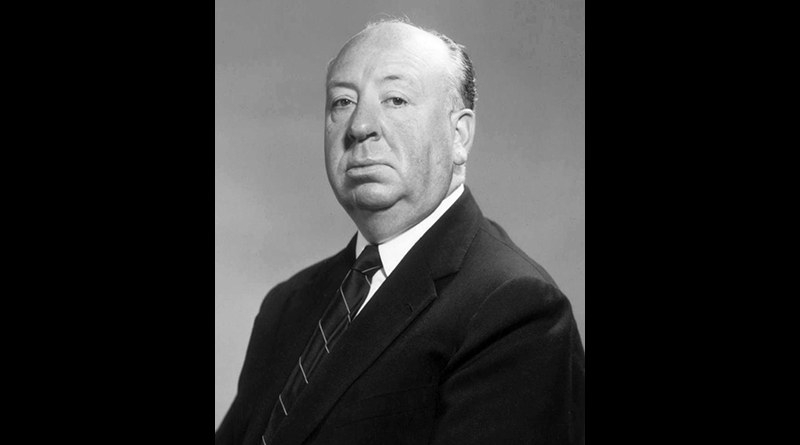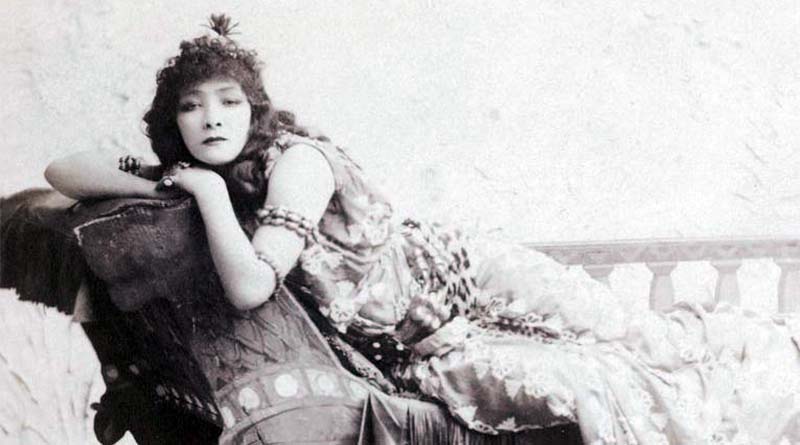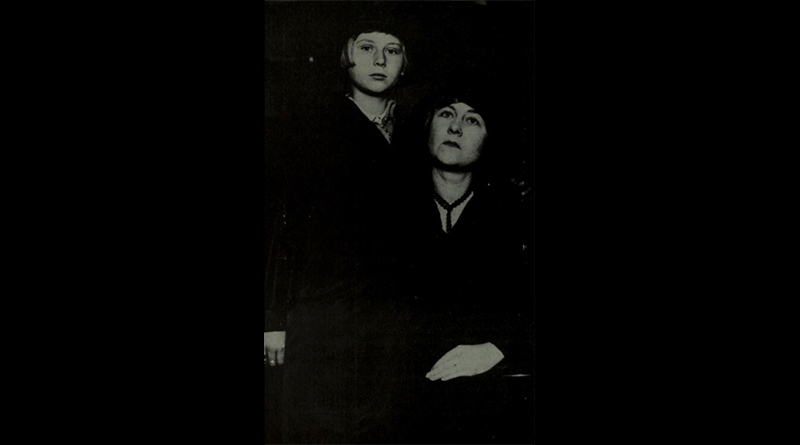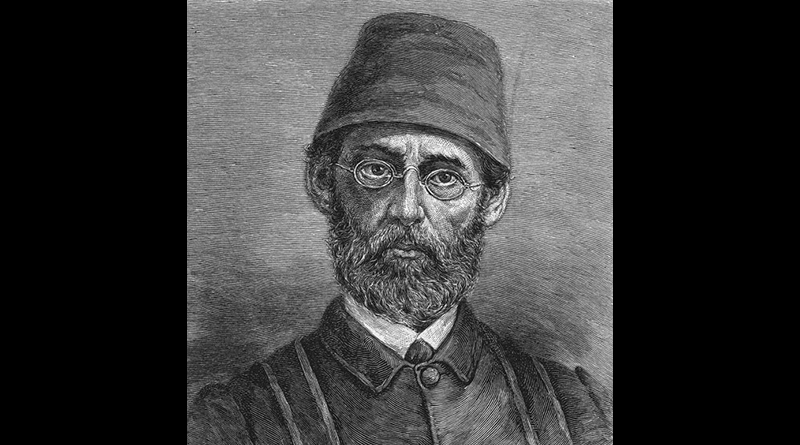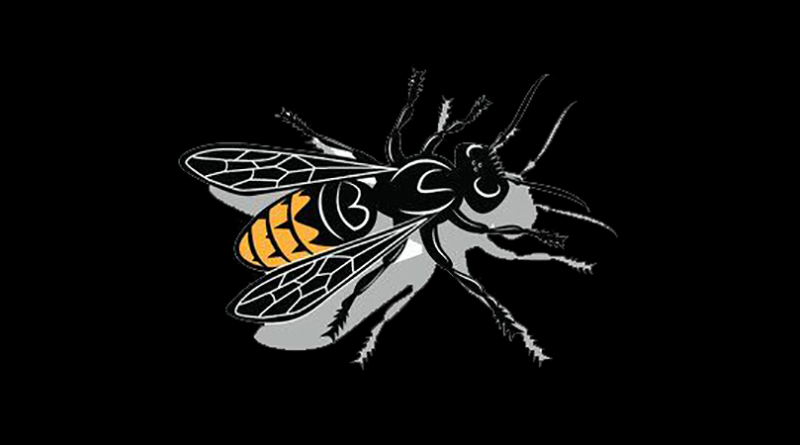Alfred Hitchcock explained once that ‘I was terrified of the police, of the Jesuit fathers, of physical punishment, of a lot of things. This is the root of my work.’ The remark has a further application. He once said that ‘I spent three years studying with the Jesuits. They used to terrify me to death, with everything, and now I’m getting my own back by terrifying other people.’
His nickname was ‘Cockie’, and he was not widely popular. He portrayed himself as a lonely boy, without playmates. This is easy to believe. He was plump, and shy, and without physical skills of any kind; he may have exhibited that mild effeminacy that was evident in later life. It is also reported that he smelled of fish, from close proximity to his father’s fishmongery. This is the sort of detail that boys remark. He was not necessarily bullied, but he was known to be odd.
So he invented games for himself, and played alone. He was also too defensive, and too proud, to encourage intimacy. One journalist, observing him sitting on the set waiting for the crew to prepare, noted that ‘he is likely to be sitting alone, with the look of a fat boy who has run away from the cruelty of his contemporaries’. In later life he seemed to have had a hatred of small boys. He scared the life out of one young actor, or ‘minor’, Bill Mumy, when he bent down and whispered ‘If you don’t stop moving about, I’m going to get a nail and nail your feet to the mark, and the blood will come pouring out like milk.’
And he watched. He watched the others in the class and in the playground. He said the same about his family life. ‘At family gatherings,’ he told an interviewer, ‘I would sit quietly in a corner, saying nothing. I looked and observed a good deal. I’ve always been that way, and still am.’ Watching provides a definite form of pleasure. It involves the mastery of the observer, absorbing the details of people and of places, even discerning plots and patterns not seen by the participants. It is the gaze that captures the world. It also furnishes a sense of safety, and even of invulnerability. The observer is removed from any threatening consequences. It may of course also lead to voyeurism, a theme much explored in Hitchcock’s films. — Peter Ackroyd, in his biography Alfred Hitchcock (read for free)

